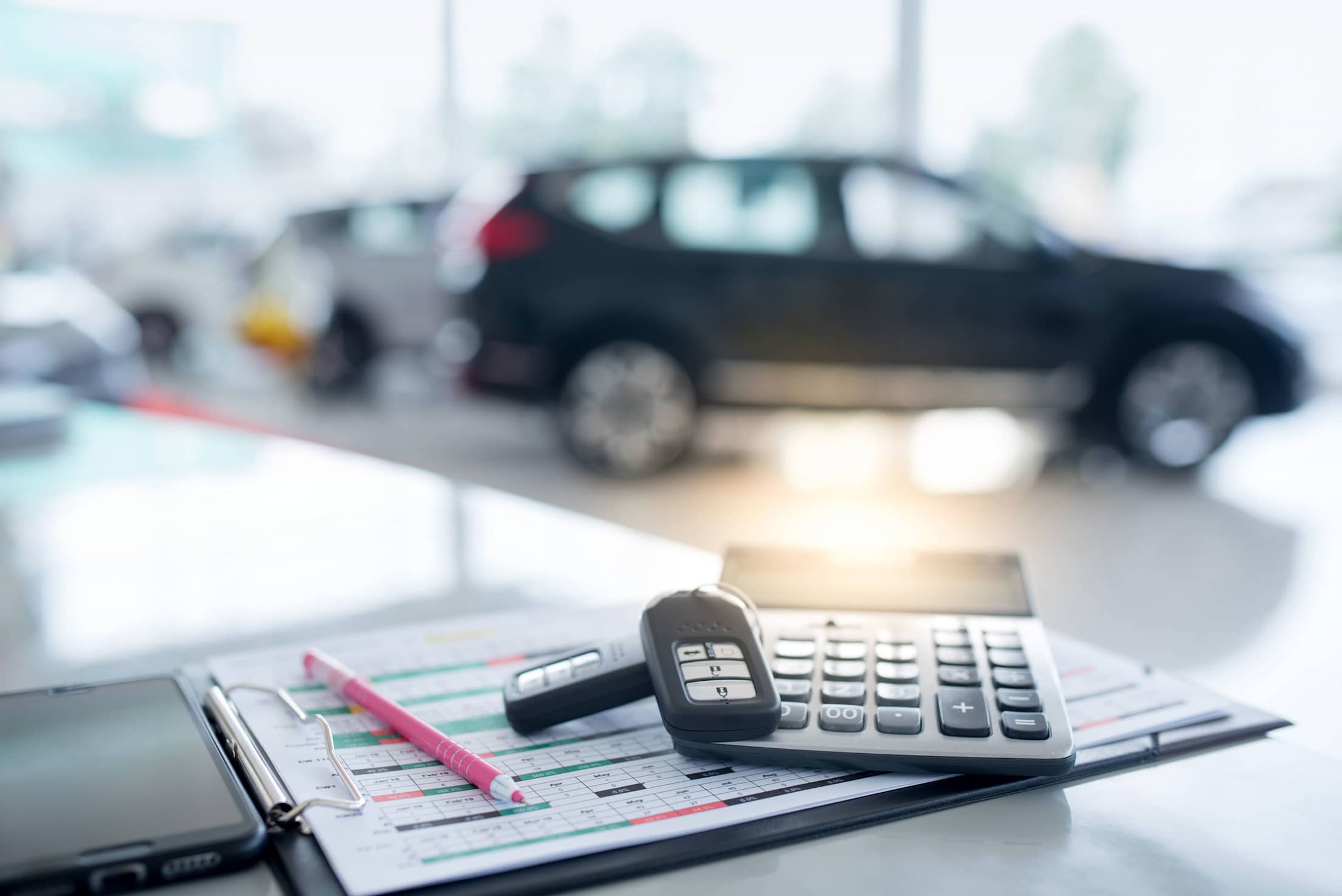
What to Do if You’re Underwater on Your Car Loan
Negative car equity is reaching record highs due to a shifting car market.

Thanks to supply-chain improvements, prices for cars—new ones and especially used ones—are finally coming down. That’s great if you’re car shopping, but problematic if you bought a vehicle during the peak of the market and can no longer afford the payments.
You could have “negative equity,” meaning you owe more than your car is worth. Because cars depreciate rapidly in the first couple years, this was becoming a more common issue before Covid-19, as car prices rose and loan terms stretched longer. But it got worse during the pandemic, when the average buyer was paying as much as $728 above the sticker price versus $2,600 below sticker in 2019, according to Edmunds.com.
This situation, also known as being “upside-down” or “underwater,” makes it harder to escape an unaffordable loan, because if you sell your car, you have to come up with the extra cash to pay off the loan. In May 2024, about one-fourth of people trading in cars had negative equity and were underwater by $6,064 on average—which Edmunds.com notes as an all-time high.
In the first quarter of 2024, almost 8 percent of auto loans transitioned into delinquency, the highest rate since 2010, according to New York Federal Reserve Bank data.
The trouble started during the pandemic, when a chip shortage and supply-chain disruptions choked off shipments of new cars, which sent prices skyrocketing on both new and used cars. But ultra-low interest rates and pandemic aid from the government kept people buying cars. Someone who had trouble making payments could often refinance the loan at a lower rate or sell the car for a great price, sometimes more than they paid for it. A growing number of online used-car retailers were making juicy offers for cars, sight unseen.
The average amount paid for a new car peaked in December 2022 at about $49,900, excluding incentives such as equipment upgrades, cash back, or low financing rates. At that point, such incentives accounted for just 2.7 percent of the purchase price, says Mark Schirmer, director of industry insights with Cox Automotive.
As inventories improved and interest rates soared, the market went into reverse. By May 2024, the typical buyer was paying $48,378 and getting incentives worth 6.7 percent of the purchase price, closer to the historical average of 9 to 10 percent, according to Schirmer.
Average used-car prices followed a similar trajectory, with wholesale prices falling 8.9 percent in June 2024 versus a year earlier, according to Cox Automotive. Some online used-car dealers, stuck with cars worth less than they had paid for them, went bankrupt (Shift Technologies in October 2023) or shut down (Vroom in January 2024).
“We are seeing unprecedented downward pressure on pricing,” Schirmer says.
If you are having trouble paying for a car bought during the pandemic, the sooner you act, the more options you may have. Missing a payment will ding your credit score and could lead to your car getting repossessed—a major black mark that stays on your credit report for seven years. Here are some options.
Refinance.
This involves getting a new loan with better terms from another lender and paying off the old one. With interest rates far above pandemic-era levels, you’re unlikely to find a lower rate, but if your credit isn’t wrecked, you might get a longer-term loan. This could lower your monthly payments, but you’ll pay more interest over the life of the loan.
Call your current lender.
Explain your situation and ask if your lender will let you pause or make partial payments for a while or extend your term. Your lender might not be eager to repossess your car and willing to deal, Schirmer says. Any missed payments will have to be repaid, and could involve added fees or interest.
Get any agreement in writing and ask how it will impact your credit report. “If you’re told it won’t have an impact but it then appears on your credit reports, a written agreement provides evidence you can use to dispute the error with the lender or the credit reporting companies,” according to the Consumer Financial Protection Bureau.

Downsize.
Depending on your equity (or lack thereof) and credit score, you might be able to sell or trade in your car and buy a smaller or older one. “I would prefer a super cheap new car (such as the sub-$20,000 Nissan Versa) than something older,” says Ronald Montoya, senior consumer advice editor with Edmunds.com.
Loan rates for new cars are much lower than those on used ones, but it’s harder to find inexpensive new cars because many automakers have discontinued their bargain-price models. And no-frills base models can be difficult to find, Montoya adds.
Some auto dealers will trade in your car and roll your negative equity into a new loan. But this is “just digging a deeper hole, paying off debt with more debt. I wouldn’t do this unless you have a plan for how you will get out of it as soon as you can,” says Ted Rossman, senior industry analyst at Bankrate.com
Tough it out.
If you can handle it, the best solution is to “stick with your current loan until it’s paid off. Maybe next year, interest rates will drop by a couple of points and you can refinance,” Montoya says. And at some point, you will have positive equity, and more options.